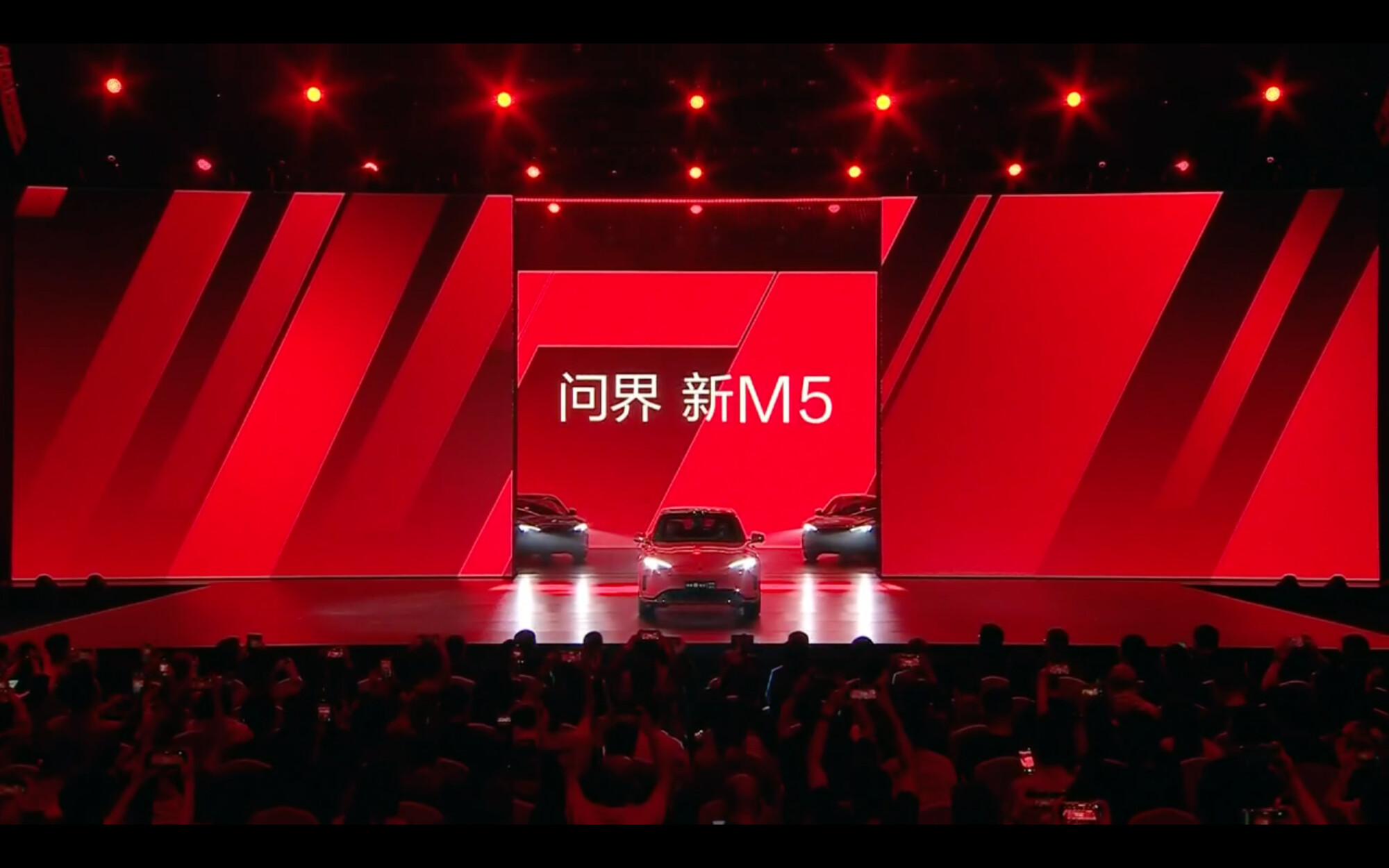Intel confirmed today, taking advantage of the scenario of the ISC 2025, that the HX2 supercomputer of the Imperial College of London will use Intel Xeon 6 processors In its version with P nuclei, that is, with high performance nuclei.
It is very important news for Intel, for its partners and for high performance computing lovers, because it supposes A victory for Intel against AMD in one of the most important supercommators in the United Kingdom. To understand it better enough to remember that the previous version of this superormer Use AMD EPYC processors.
The new Intel Xeon 6 processors with P nuclei They will be integrated through the ThinkSystem SC750 V4 servers of Lenovo With liquid cooling. Heat dissipation will not be a problem thanks to that refrigeration system, and these processors can offer their maximum level of performance.
Lenovo Neptune technology dissipates up to 98 % of the heat of the system by hot waterwhich reduces energy consumption by up to 40% and reduces air conditioning dependence, which drastically improves energy efficiency.
It also promotes a circular energy model when recovering residual heat for reuse or for urban heating. In large-scale implementations, this can generate energy savings of up to 1 million kilowatts-room per year per data room, which reduces both operating costs and carbon emissions.
Karin Eibschitz Segal, Corporate Vice President of Intel and Interim General Director of the Group of Data Centers, commented:
«This is a great triumph for Intel, due in part to the solid performance of Xeon 6 for IA and HPC workloads with limited bandwidth. The implementation of the HX2 supercomputer in the Imperial College in London marks a significant milestone in our commitment to the advancement of scientific research and the promotion of sustainability. We are proud to contribute to face the global challenge ».
The HX2 supercomputer is a very important advance, because it will allow the academics and students of Imperial College to accelerate their research, and will facilitate and improve its preparation for professional careers in HPC/IA. In this sense, Andrew Richards, Director of Computer Services for Research (RCS) of Imperial College said:
“The investment of 10 million pounds from Imperial College for HX2 has allowed us to provide, in collaboration with Intel and Lenovo, a high quality computer platform and with a future vision for our researchers. We have been able to accelerate the update of our HPC using the most recent sustainable platform and allow our academics to accelerate their research.”
The HX2 system will be available as Part of the Central Computer Service for the Research of the Imperial College of London. It will support the next generation of researchers in all faculties (engineering, natural sciences, medicine, business administration, among others) and will provide access to long -term preliminary research, emerging technologies and gender equality initiatives.












